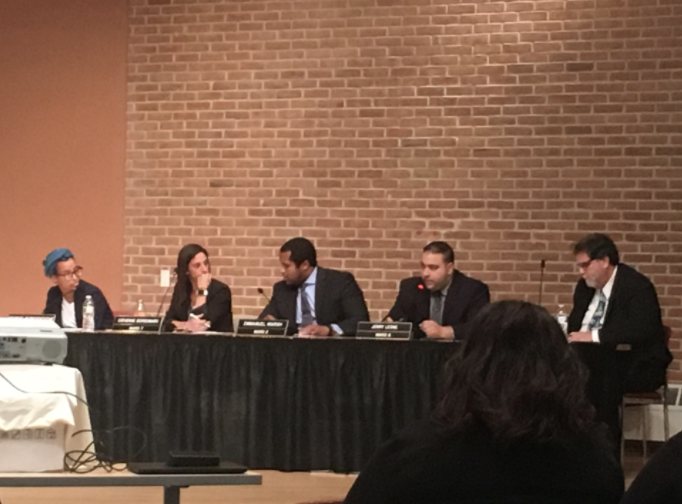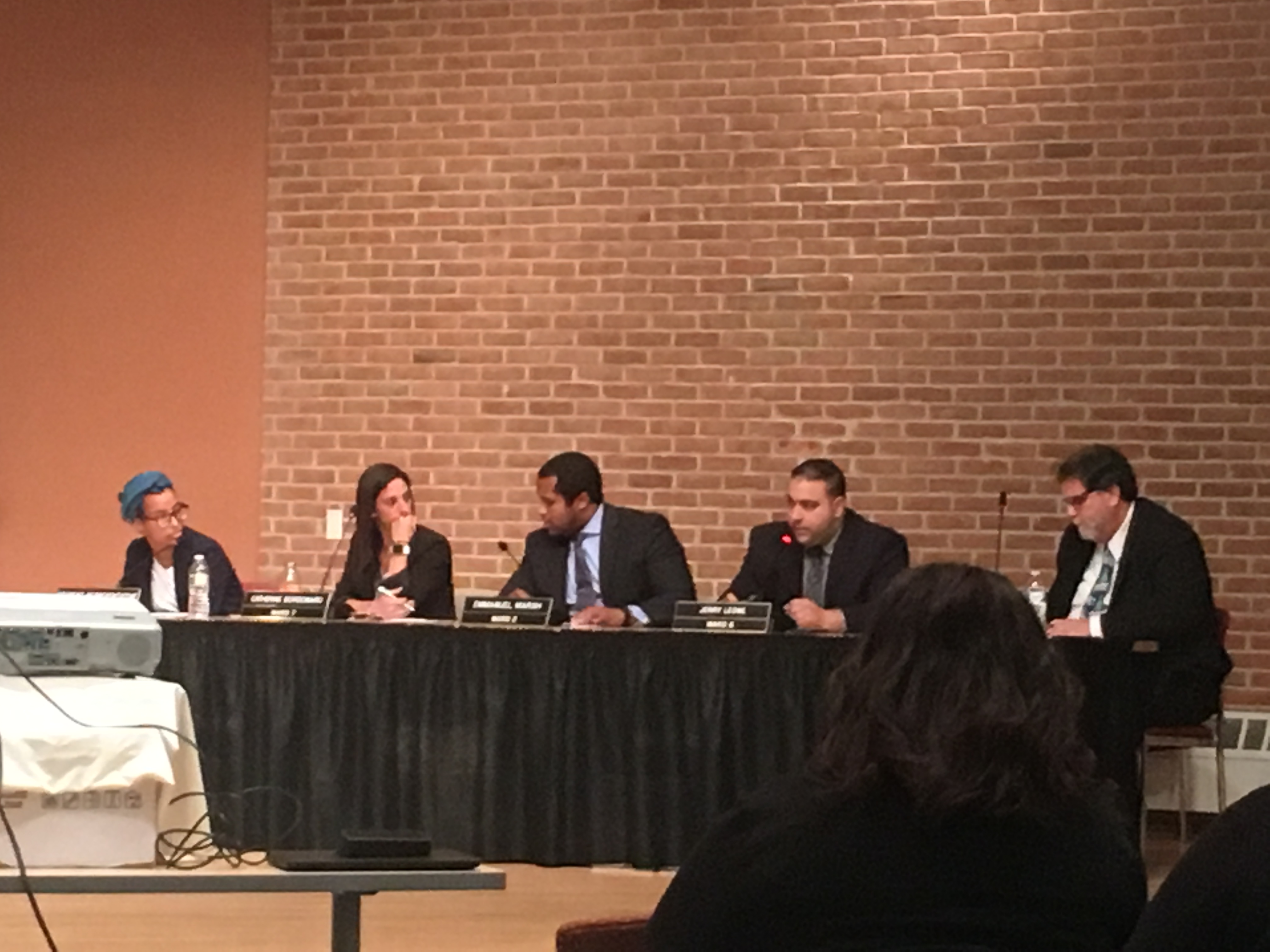
By: Sabrina Monteiro and Sidney Rodriguez
The next generation MCAS has been updated to a newest version of the nearly twenty-year-old MCAS assessment. A slideshow made by The Department of Elementary and Secondary Education (DESE), mentioned that the next-generation MCAS is focusing on “students’ critical thinking abilities.”
Boyle House guidance counselor Erin Craven said that “the biggest difference that students will notice first, will be the change in the measurement vocabulary. [They] are going from the words “Advanced, Proficient, Needs Improvement, and Warning” to “Exceeding Expectations, Meeting Expectations, Partially Meeting Expectations, and Not Meeting Expectations.” This is an important change because by doing so, students have a better understanding of meeting their expectations and goals. Craven also mentioned that students will “be switching to all computer-based testing for ELA and Math MCAS by Spring 2019, according to [DESE] current press releases” but that this new MCAS will not be used at high school levels yet and paper-based test forms will still be available if a student prefers.

Assistant Superintendent Carol Keenan added that “The Next Generation MCAS (also known as the “new MCAS”) focuses much more on students’ critical thinking abilities as well as [their] abilities to use [their] knowledge to make connections with what [they] are reading and writing in all subjects. The test is definitely more rigorous, but it should be as compared to a test that is 20 years old.”
The old MCAS being debuted back in 1998, the newest version will be first given in the spring of 2017 to grades 3-8 in English Language Arts and Math and will eventually make its way up through grades 3-10 in the spring of 2019. According to DESE, “2017 is the baseline year -the first year of a new assessment -and [they] expect scores to change over time, as occurred when the ‘legacy’(old MCAS) debuted in 1998. Massachusetts educators set these standards, and [they] raised them in order to make sure [their] students will be college-and-career ready.” They also mention that the results from the MCAS of 2017, “Do not mean that students have learned less; the next-generation MCAS measures in a different way.”
Looking beyond scores,the DESE shared the “scores can identify areas where students need academic support, but scores can also reflect non-academic barriers to learning. Districts continue to work together to: teach with poverty in mind, build cultural competency, support homeless students, and make schools safe for vulnerable students, such as LGBTQ students, recent immigrants, and others.”
In a letter sent home to parents of Malden students by Acting Commissioner Jeff Wulfson, he mentioned part of the reason behind the next-generation MCAS is “even though Massachusetts has the highest performing public education system in the nation, [we] have to keep improving to remain globally competitive. Equally important, too many of [our] high school graduates are not fully prepared for postsecondary education or training. That’s why [they have] embarked on this vital project to take responsibility for improving [their] own standards and assessments.”
Malden hopes that with this change, students will demonstrate a far more greater understanding and reach to success in the future.
The following is the opening statement by Superintendent John Oteri at the school committee meeting:
“I want to make this clear, this is last year’s test, this test is taken in the spring is the baseline test. I caution and sustain that we do not compare last year’s results to previous tests, its two different test. To that point, I also sent out a letter, it was on our website, I sent it out via backpack to all schools. And sent out a black opening message inviting parents here…We had a meeting, where I had each school, each program come in and present to our peers a couple Thursdays ago, before Thanksgiving showing their analysis of the results of, what are some highlights, what are some areas we need to work on, what are some of our next steps. What then we did in central office, we boiled this down to a consist overview of the MCAS results moving forward. So to start off, part of process, we got to reengineer and reorient ourselves to what the philosophy was before, with what the current philosophy is: Every student can and will succeed academically, and they will succeed socially, and they will succeed emotionally. This is part our belief in the whole child. We want to educate a whole child. We want to make sure it comes down to those three things. I have out in on all my correspondents agendas; Student achievement is our first priority. We are in a competitive world. There are three school opinions in Malden. I feel that we need to make sure we are getting every parent [at the school committees]. Mr Levine asked me ‘What would success look like?’, Every parent sending their child to Malden public schools, that’s why I feel feel very strongly about connecting with everybody. The days of hearing the excuse of that kids is special education, and speak english at home are executive excused. People with special education, people who come out of poverty, English isn’t their first language, they are able to become highly successful people. We need to meet each student where they are. That’s the difference between an educator and a teacher…This is the Malden High School MCAS results..89% of our students in english and languages arts scored either advanced or proficient. Remember high school is still on the old legacy test. That is pretty good compared to the state average, which is 91%. Its pretty good, pretty good isn’t acceptable anymore, but it is a good point, we are not terribly behind the state average. We want to be ahead of the state but we are close, we are right there. We have make up work to do in our math. We are only at 76% of our students are advanced and proficient math. As oppose to the state average, which is 89%. There is an explanation of that, a new curriculum came in, last year it was a new sequencing of courses.Which we think will put us in a better position as we succeed. But that is part of what we see…With science and technology we hit 68% of our students in advance and proficient verses the state average which is 74%. We are close..”




